Russia has moved to stop the worst escalation of fighting in the separatist region of Nagorno-Karabakh in more than a quarter-century by offering to host ceasefire talks on Friday.
Late on Thursday, the Russian president, Vladimir Putin, issued a statement calling for a break in the fighting between the Armenian and Azerbaijani forces that has raged for nearly two weeks over the region.
The Kremlin said Putin’s initiative followed a series of calls with the Armenian prime minister, Nikol Pashinyan, and the Azerbaijani president, Ilham Aliyev.
The latest clashes between the two sides began on 27 September and marked the biggest escalation of the decades-old conflict over Nagorno-Karabakh. The region lies in Azerbaijan but has been under control of ethnic Armenian forces backed by Armenia since the end of a separatist war in 1994.
The Kremlin said Putin proposed calling a ceasefire to exchange prisoners and collect the bodies of dead soldiers, adding that the top Azerbaijani and Armenian diplomats were invited to Moscow for consultations.
The Russian foreign ministry said they confirmed their attendance Friday but there was no immediate comment from Armenia or Azerbaijan to the Russian initiative.
Azerbaijani officials and Nagorno-Karabakh separatist authorities said heavy shelling continued overnight.
Nagorno-Karabakh conflict: both sides accused of using cluster bombs
Read more
Fighting with heavy artillery, warplanes and drones has engulfed Nagorno-Karabakh despite numerous international calls for a truce. Both sides have accused each other of targeting residential areas and civilian infrastructure.
On Thursday, a historic cathedral in the town of Shusha came under shelling, with one piercing its dome and damaging the interior. No one was hurt in the attack but hours later more shelling wounded two Russian journalists inspecting the damage. The Azerbaijani military denied targeting the cathedral.
Q&A Why are Armenia and Azerbaijan fighting over the Nagorno-Karabakh region?
Show
Hide
Early on Sunday 27 September, Armenia announced it was declaring martial law, mobilising its army and ordering civilians to shelter. It claimed its neighbour Azerbaijan had launched a military operation inside a breakaway region called Nagorno-Karabakh. Azerbaijan said it attacked only in response to Armenian shelling.
Nagorno-Karabakh is recognised internationally as Azerbaijan’s territory but has a mostly Armenian population who have resisted Azerbaijani rule for more than a century. In 1991 the region of around 150,000 people declared independence and since then it has ruled itself – with Armenian support – as the unrecognised Republic of Artsakh.
Nagorno-Karabakh, a mountainous, landlocked region inside the borders of Azerbaijan, has been a source of dispute since before the creation of the Soviet Union. Tensions were suppressed when both Armenia and Azerbaijan were Soviet states, but they re-emerged as the cold war ended and Communist party control of the bloc dissolved.
A war between Armenian and Azerbaijani forces ended in a ceasefire in 1994, with Armenia in full control of Nagorno-Karabakh and other surrounding enclaves of Azerbaijan’s territory. Azerbaijan is majority Muslim and Armenia is majority Christian, and some elements on both sides seek to cast the conflict in religious terms.
Michael Safi
Was this helpful?
Thank you for your feedback.
The Nagorno-Karabakh military says 350 of its people have been killed since 27 September. Azerbaijan has not provided details on its military losses. Scores of civilians on both sides also have been killed.
Stepanakert, the capital of Nagorno-Karabakh, has been under intense shelling. Residents are staying in shelters, some of which are in the basements of apartment buildings.
Amid international calls for a ceasefire, Azerbaijan made its acceptance conditional on Armenia’s withdrawal from the region.
Armenian officials allege that Turkey is involved in the conflict and is sending Syrian mercenaries to fight on Azerbaijan’s side. Turkey has publicly backed Azerbaijan in the conflict but has denied sending fighters to the region.


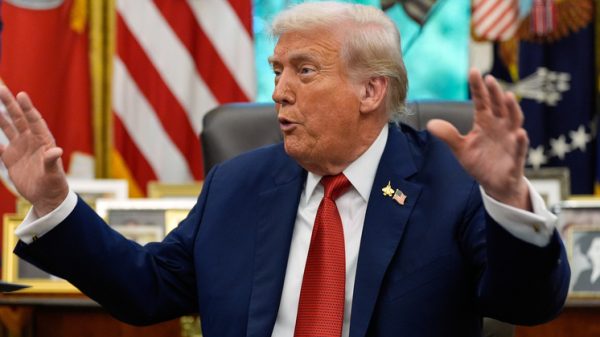




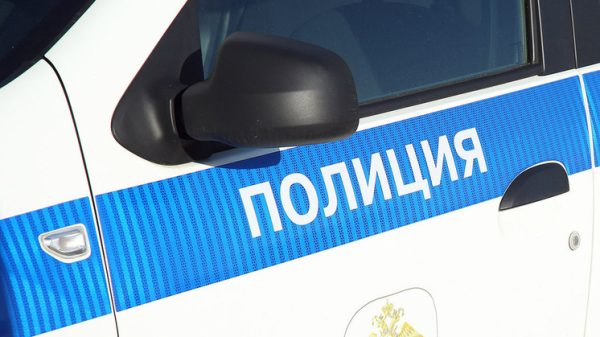
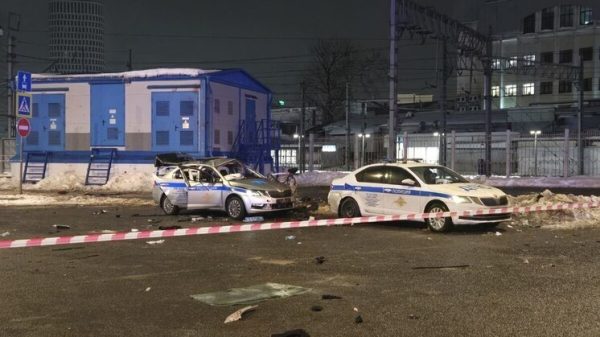
























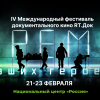
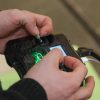

















Свежие комментарии